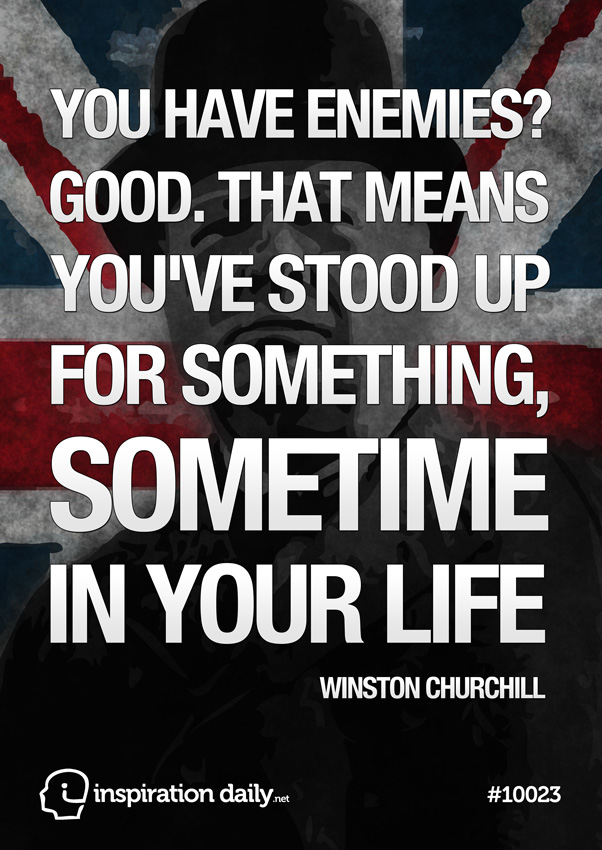Back 159 years ago when I worked on my first major IT project team doing an an old-school ERP implementation one thing about the composition of the 25 or so person project team was pretty striking. The team itself was sourced from a few places - regular full-time staff of the client that was funding the project, several implementation experts from the software solution provider, a few technical consultants from one of the Big 4 (I think it was still Big 6 back then) consultancies, and finally three or four independent contractors taking full advantage of the 'gig economy' before that was a thing. So about 25 or so folks, it was a pretty large project with a mix of subject matter experts, software developers, QA and testing people, and project manager types.
But what was interesting, (and what would turn out to be not at all uncommon I would learn), was that there were almost no members of the team between the ages of say 30 and about 50, otherwise known as 'prime' working years for most folks.
That diverse, (we had folks from at least 10 countries on the project), and large project team was almost completely devoid of people in what would be the classic working and parenting years, say about 30 to about 50. There were definitely no women in that age range on the project, and there may have been one or two men (at most), that were parents of kids they still had some level of responsibility to care for.
One of the 'veteran' guys from the Big 6 firm that was more or less running the project summed it up for me about midway through the project. He said something to the effect that (at least at that time), IT consulting and big enterprise technology project work was either a game for young people who have not settled down and have no spouses/kids to worry about, or older guys, (and it was almost always guys), whose kids were grown up and either moved out or at least were old enough that their Dad could get away with being on the road 200 nights a year.
Apart from the technical skills needed to succeed on a project like that, there were also the personal stresses and demands that having the kind of job was likely to put on you and any family/friends/pets that you may have had. You were more or less on the road, traveling to the project site Monday - Friday, week after week, month after month until the project was over. At which point you'd maybe get a little bit of downtime and then start the cycle and lifestyle again with a new client/project. I did this kind of work for a long time, what made me discontinue this and move to something more stable, (and with far less travel), was becoming a parent some 15 years or so ago.
What's the point of this trip down memory lane?
I caught this piece, a profile of Facebook's Maxine Williams, the relatively new person in charge of diversity initiatives at the company, where the interviewer was pressing her and Facebook to try and explain their efforts in promoting a more diverse workforce, and their relative successes and failures in this regard. it is a pretty interesting piece, and I recommend giving it a read.
But after reading it, and thinking about these issues a bit, I was reminded of that 20 year-old project team, and how the nature of the work, and the nature of how (at least back then), most people tried to live their lives, that would have made 'generational' diversity, (is that even a thing?), extremely difficult, if not impossible to achieve. It would have been really tough to find very many mid-career parents willing to sign up for the demands of those jobs, so what we ended up with was a group of folks that had little to no problems with being away from home all the time. That is just how it worked out and what made sense for the workers, the client, and the project itself.
The closing point of all this? Tip O'Neill said that 'All politics is local.' John Sumser has said that all recruiting is local. I kind of think that sometimes we need to think about that when also thinking about diversity and workforce composition in that manner as well. Not every type of job or project is going to easily lend itself to a natural, blended, and widely diverse collection of people willing , able, and capable of performing said jobs.
If one of the goals of a consulting company that did projects like the one I described above had it as a goal to become more diverse and balanced across generations, it would have taken some pretty significant shifts in how work was organized, how client demands and expectations were managed, and how individual consultants were evaluated and rewarded. And that would have been a much a bigger set of issues than just trying to recruit or retain a few more people that were in their early 40s.
Maybe diversity, however you define it, is only partially, and maybe even a small part overall, of a recruiting problem, and is more influenced by how, where, and when the work gets done than by where you run your job ads or the campuses where you recruit.


 Steve
Steve



